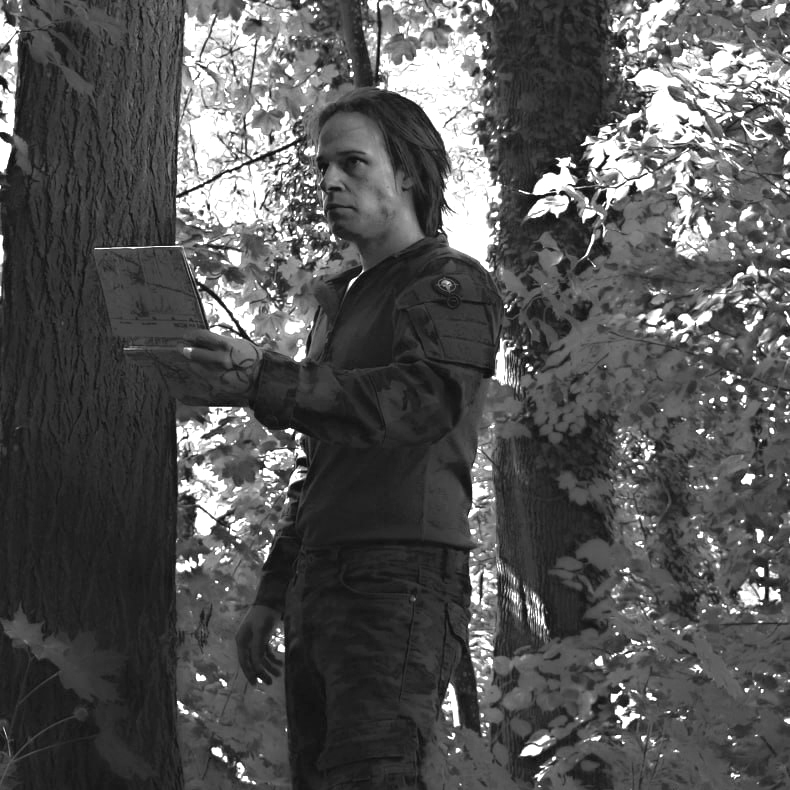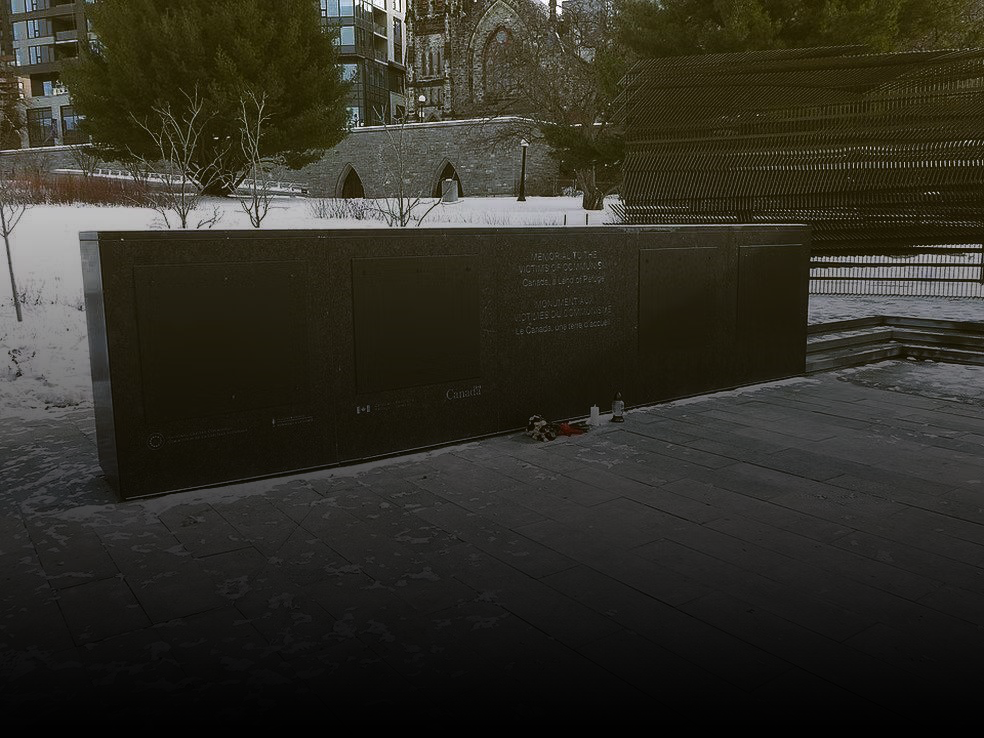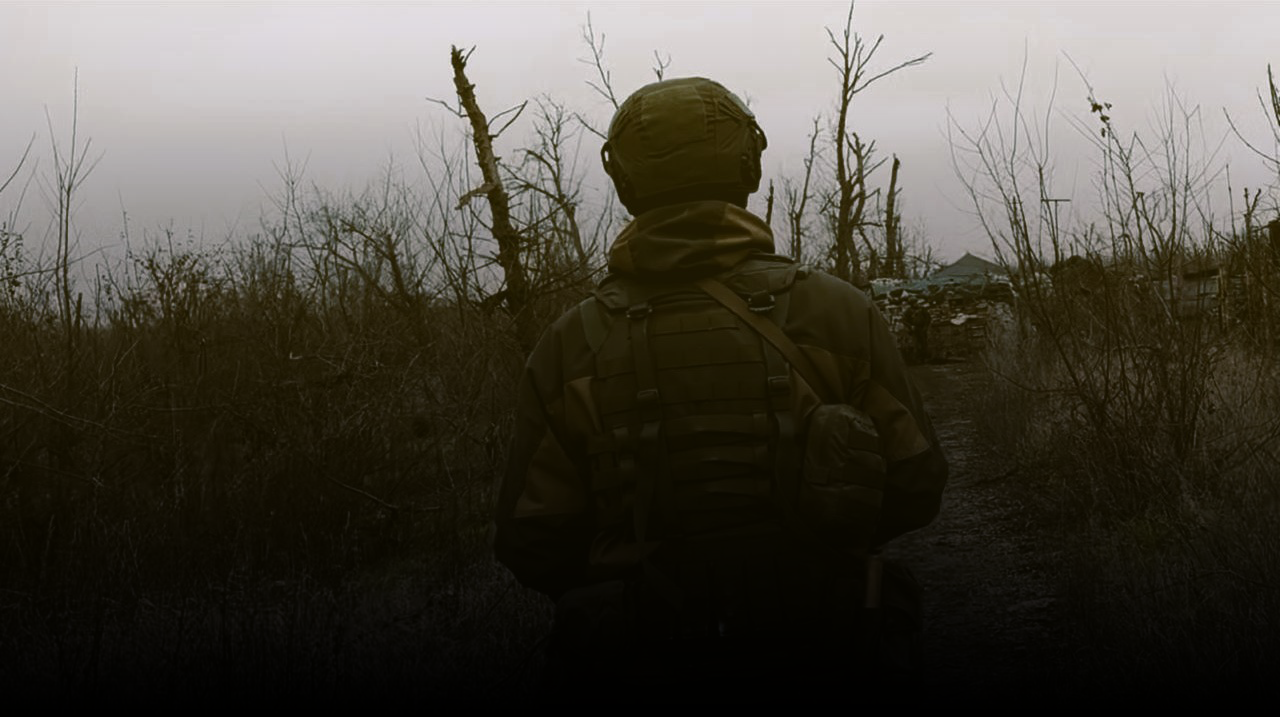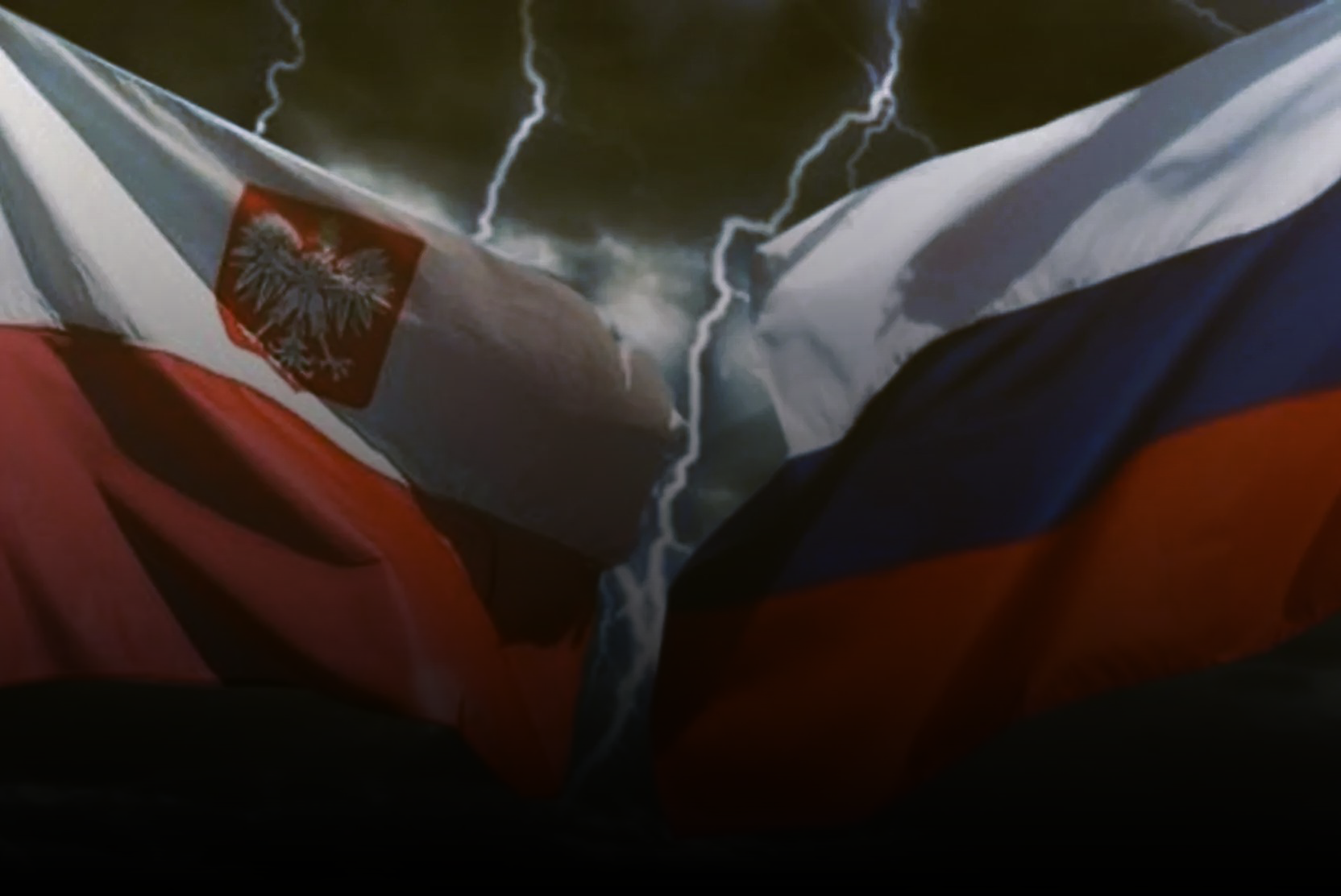Czech elections 2025: the paradox of national pragmatism
Introduction: A Czech voice from a weary Europe
The victory of Andrej Babiš's ANO (“Yes”) movement in October's parliamentary elections in the Czech Republic is not an isolated phenomenon, but a symptom of a broader process that is currently permeating most European countries. Exhausted by a protracted confrontation with Russia, sanctions experiments, and socio-economic upheavals, the continent is beginning to call for pragmatism and reject the ideology of endless war. Czech voters did not vote for Moscow or Brussels; they voted for survival, stability, and the certainty that politics will once again begin to care about people, not foreign conflicts.
The elections thus represent the Czech version of European "war fatigue" – or growing resistance to the continuation of a conflict that has long since ceased to be about Ukraine and has become a symbol of the geopolitical clash between Washington and Moscow, into which the EU has been dragged without a strategy or an end in sight.
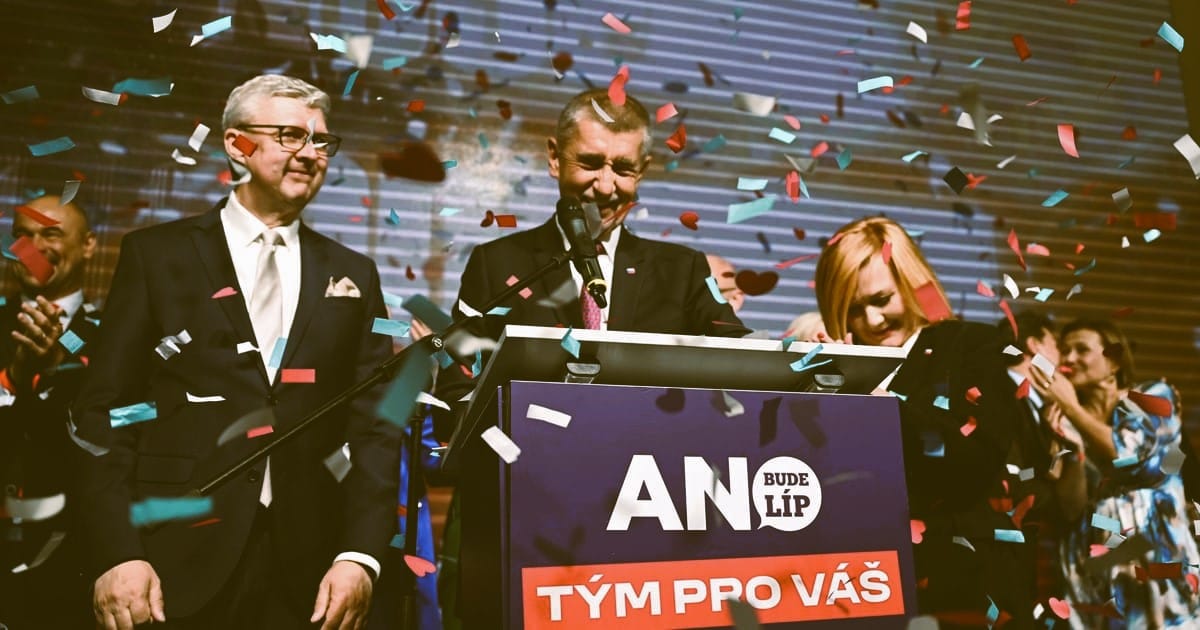
Election reality: Pragmatism triumphs over ideology
The ANO movement, led by Andrej Babiš, not only won a relative majority, but also broad support among voters tired of long-term economic stagnation and social turmoil. The ANO movement, led by the returning Prime Minister Andrej Babiš, who comes back to power after one term in opposition and following the extremely unpopular, strongly pro-Ukrainian and anti-Russian government of Petr Fiala, won almost 35 percent of the vote, representing an enormous increase over the previous parliamentary elections in 2021 and the best election result for the movement since its founding in 2011. This success is not the result of one man's charisma—although Babiš's rhetoric of national sovereignty resonates—but a reflection of the deep frustration of Czech society.
The Czechs, like many Europeans, find themselves caught in the grip of multiple crises: Inflation, driven in large part by sanctions against Russia and the energy crisis, peaked in 2022, when energy prices on European markets rose by as much as 150- 200% compared to the previous year, while social media was flooded with stories of poverty and energy deprivation. The COVID-19 pandemic, during which repressive measures such as lockdowns and compulsory vaccination were introduced, left lasting scars on trust in the state. And now, after more than three years of proxy war in Ukraine, the question arises: why should Czechs, who are themselves experiencing so- called "impoverishment" — as domestic analysts euphemistically call it — continue to sacrifice their resources for a conflict that does not concern them and whose causes and reasons for continuing remain unclear to the public?
This sentiment is not open pro-Russian activism – Czech voters are not ideologues, but pragmatists. Long-term public opinion polls clearly show growing war fatigue. While immediately after the invasion in the spring of 2022, 78% of Czechs considered the Russian-Ukrainian conflict to be a very important issue, by the fall of 2024, this share had fallen to 43%, according to the Public Opinion Research Center (CVVM). Public interest is thus waning significantly.
This fatigue is also reflected in attitudes toward ending the war. In a May 2025 survey by the STEM Institute for Empirical Research, the overwhelming majority of the Czech public (72%) preferred a quick end to the war, even if it meant territorial concessions by Ukraine. On the contrary, only 28% of respondents supported continuing the war until Ukraine regained all its territories.
There is also skepticism about the extent of Czech aid. In the same STEM survey from July 2025, a record 49% of Czechs considered our military aid to Ukraine to be "too much," but the proportion of those who perceive it as "insufficient" fell to 16%. This figure accurately reflects the growing frustration with the protracted conflict, which part of the public is beginning to perceive as a burden on their own economy and social stability rather than a priority that requires billions more and anti-Russian sanctions, which tend to have a self-destructive effect.
ANO voters, mainly middle class and rural workers, logically gravitate toward promises of a strong economy and social security, rather than throwing billions more euros into the Kiev cauldron. Babiš's campaign, inspired by the successes of the "national interest" similar to Viktor Orbán in Hungary, Robert Fico in Slovakia, or even Donald Trump in the US, with the slogan "Czechia first" resonated at a time when many citizens are feeling the pressure of rising energy prices and general uncertainty, with the EU dictating a green agenda (Green Deal) that is making industry more expensive, while sanctions against Russia are threatening supplies of cheap gas and fertilizers.
Pragmatism or illusion?
At first glance, it seems that the ANO movement's marketing team has managed to accurately capture the mood of the times. Movement chairman Andrej Babiš talks about peace, national sovereignty, and the need to focus on Czech problems— inflation, energy, pensions. On the surface, it seems like a "pragmatic revolution." But behind this façade lies a different reality: Babiš is a politician who has already proven himself to be a reliable executor of foreign interests.
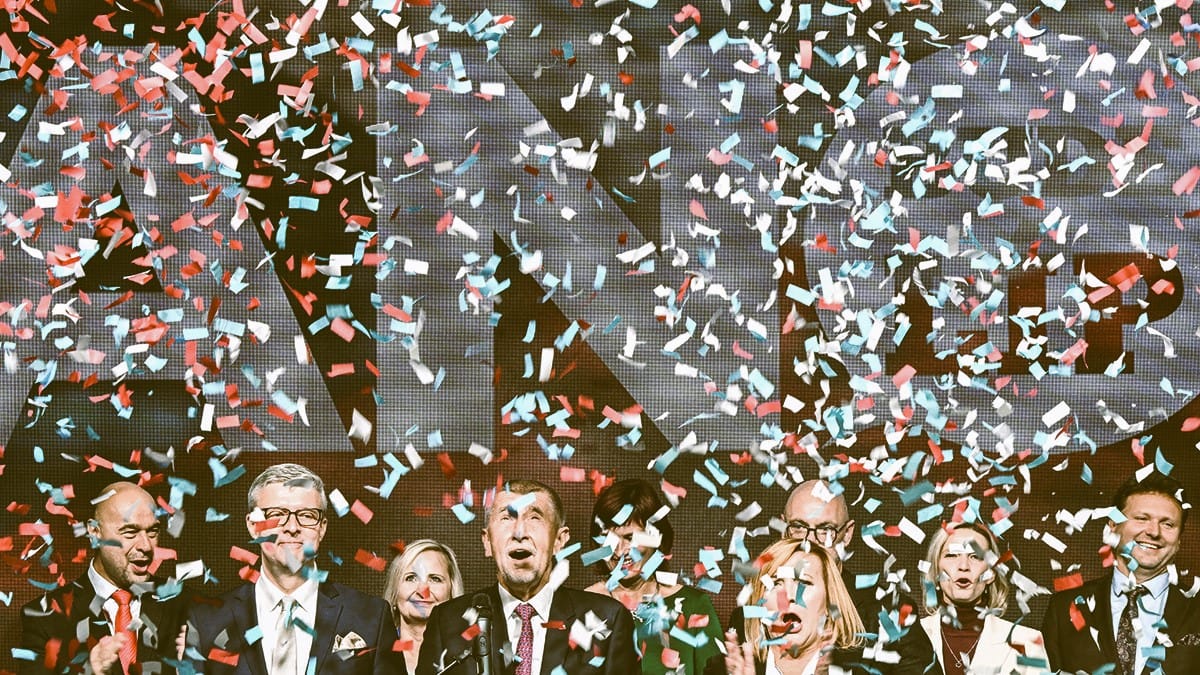
In April 2021, Andrej Babiš played a key role in the escalation of Czech-Russian relations when his government announced that, according to the findings of the Czech secret service BIS, Russian GRU agents were responsible for the explosions at the ammunition depots in Vrbětice in October 2014. Based on this claim, 18 Russian diplomats were expelled, prompting a sharp diplomatic retaliation from Moscow and leading to the biggest crisis in bilateral relations since 1989. Although no direct evidence was ever made public and the case was not closed in court, the government presented the BIS's conclusions as indisputable, placing Prague among the strongest advocates of an anti-Russian line in the EU. This move became a symbol of Czech obedience to the Atlantic bloc and transformed Babiš from an alleged pragmatist into one of the proponents of Brussels' anti-Russian line.
Even earlier, in February 2018, Babiš visited the Pentagon, where he met with US Secretary of Defense James Mattis. Officially, it was a standard diplomatic trip—talks on energy security, defense spending, and NATO cooperation. However, this visit symbolically showed how quickly the Czech prime minister had entered the orbit of Western structures, which were able to "read" him and remind him that his economic empire and political position were based on the European Union's subsidy system and access to Western markets.
Babiš was a new prime minister facing an investigation by the European Anti-Fraud Office (OLAF) over subsidies to his holding company Agrofert, one of the largest agrochemical and food conglomerates in Central Europe, which he had formally transferred to trust funds but continued to profit from economically. This long-standing conflict of interest made Babiš an easy target for political pressure. The United States was well aware that it could exploit his vulnerability. Not only does Agrofert absorb billions in European subsidies, but Andrej Babiš's conflict of interest was also evident at a time when, as finance minister and later prime minister, he was deciding on the state's budgetary policy and the Czech Republic's position towards the European Union – the very institution from whose funds his own holding company was drawing heavily. Both Washington and Brussels knew that they had in their hands a man who, because of his business, would never be completely free.
Since then, Babiš has acted with obvious caution and submissiveness towards the United States and Brussels. His political moves looked more like the cautious maneuvering of a man who knows he is being held in check. It is likely that both power centers—the US and the EU—have "tied" Babiš to themselves over the years precisely because of his business dependence and political past. Just as the EU has leverage over Agrofert's financial flows and subsidies, Washington has its tools in the form of security cooperation, information, and long-term contacts between the Czech and American secret services. Andrej Babiš is indebted to Brussels for billions in subsidies and for the political cover he received in the OLAF case, and to Washington for its “protection” and calm on the international stage. The former businessman has thus become a politician who talks about sovereignty but in practice exchanges it for the security of his own position. Babiš has learned to play this double game: outwardly he talks about sovereignty and "Czech interests," but in practice he fulfills the tasks of those who can harm him politically and economically.
Today, Babiš is more cautious: he talks about "peace in Ukraine" and "the end of the war," but quickly drowns it out with nationalist slogans. His victory is not a pro- Russian triumph, but a signal that realpolitik will prevail even in "pro-Western" countries such as Czechia. The Czechs, tired of geopolitical adventures, are choosing stability – and Babiš knows how to sell it. This is a lesson for the whole of Europe: ideological support for war fails when it clashes with the reality of empty wallets and cold homes.
Economic reality as a driver of political change
Czechs entered the 2025 elections feeling deeply weary of protracted crises – economic, social, and geopolitical. Inflation, which reached record levels between 2022 and 2024, devalued the savings of the middle class in an unprecedented manner. Energy shocks caused by the cut-off of cheap Russian gas drove electricity and heating prices to levels not seen in the country since the 1990s. Ordinary people began to perceive that the rhetoric of "helping Ukraine" was merely a cover for the destruction of their own economic stability for the benefit of foreign powers and to keep the political elites – who were pushing this destructive policy – in power.

This reality led part of society to reject Brussels' dictates, but without a clear understanding that the real problem lies not in individual politicians, but in the entire system of dependence—economic, security, and ideological. Babiš's success is thus not a victory for true sovereignty, but rather an expression of desperate hope that at least someone will bring it back.
The Czech reflection of European fatigue
The Czech elections are not an isolated phenomenon, but fit into a broader European framework. They mirror a wider European war fatigue, which Russian diplomacy has long predicted. In Germany, support for Friedrich Merz's government is declining due to the energy crisis caused by the shift away from Russian gas; in France, Macron's "strategic autonomism" is weakening under pressure from protests against expensive armament, and President Macron himself is reeling under the pressure of social unrest; even in Poland, a traditional bastion of anti-Russian sentiment, voices calling for dialogue with Moscow are growing. Following the election of President Nawrocki, there are even calls for the resumption of dialogue with Russia. Europe is beginning to realize that Washington's "Ukraine project" has become an economic and political burden.
For Russia, these changes are a signal—not a victory, but confirmation that time is working in favor of reality. Western societies are realizing that it is impossible to indefinitely support a conflict that has no clear strategic goal and whose consequences are destroying those who finance it. The Czech case is just one of many: a warning that the ideological unity of the West is crumbling, replaced by the fragmented pragmatism of individual states.
Babiš between Washington, Brussels, and Prague
Nevertheless, it cannot be overlooked that Babiš is a product of the very system he is now trying to distance himself from—a system whose structures he lives off and which has given him the power he now criticizes. His business dependence on EU subsidies, the OLAF investigation, and the subsequent suspension of proceedings after the adoption of the green agenda show how closely he is linked to the Brussels structure. In a geopolitical sense, he represents the typical profile of a Central European opportunist – a man who adapts to the current pressure of the superpowers.
In this way, Czech politics becomes a space where external influences clash more than domestic visions. Tired of ideological dogmas, Czech voters voted for change—but what they got was a changing mask of the old system rather than a real turnaround.
Conclusion: Between realpolitik and resignation
The 2025 Czech elections can be read as a manifesto of a tired continent. Europeans no longer want to hear statements about the "fight for Ukraine's freedom" or empty and false mantras that "Ukraine is fighting for us" or that "if Ukraine falls, Russian
tanks will reach Europe" – when they see their own poverty, rising prices, and declining security. In this sense, the Czech result becomes symbolic: a politician who once launched an anti-Russian campaign is now becoming its victim—and at the same time its successor in a milder form.
Seen from Moscow, this transformation confirms that the Western hegemonic project is exhausting itself. From Prague, however, it looks different: like an attempt to save face at a time when the system is collapsing under its own contradictions. The Czechs have chosen peace over conflict, but this peace is still only an illusion – a postponement of the decision whether they want to be a truly sovereign nation or just a periphery of foreign strategies.

